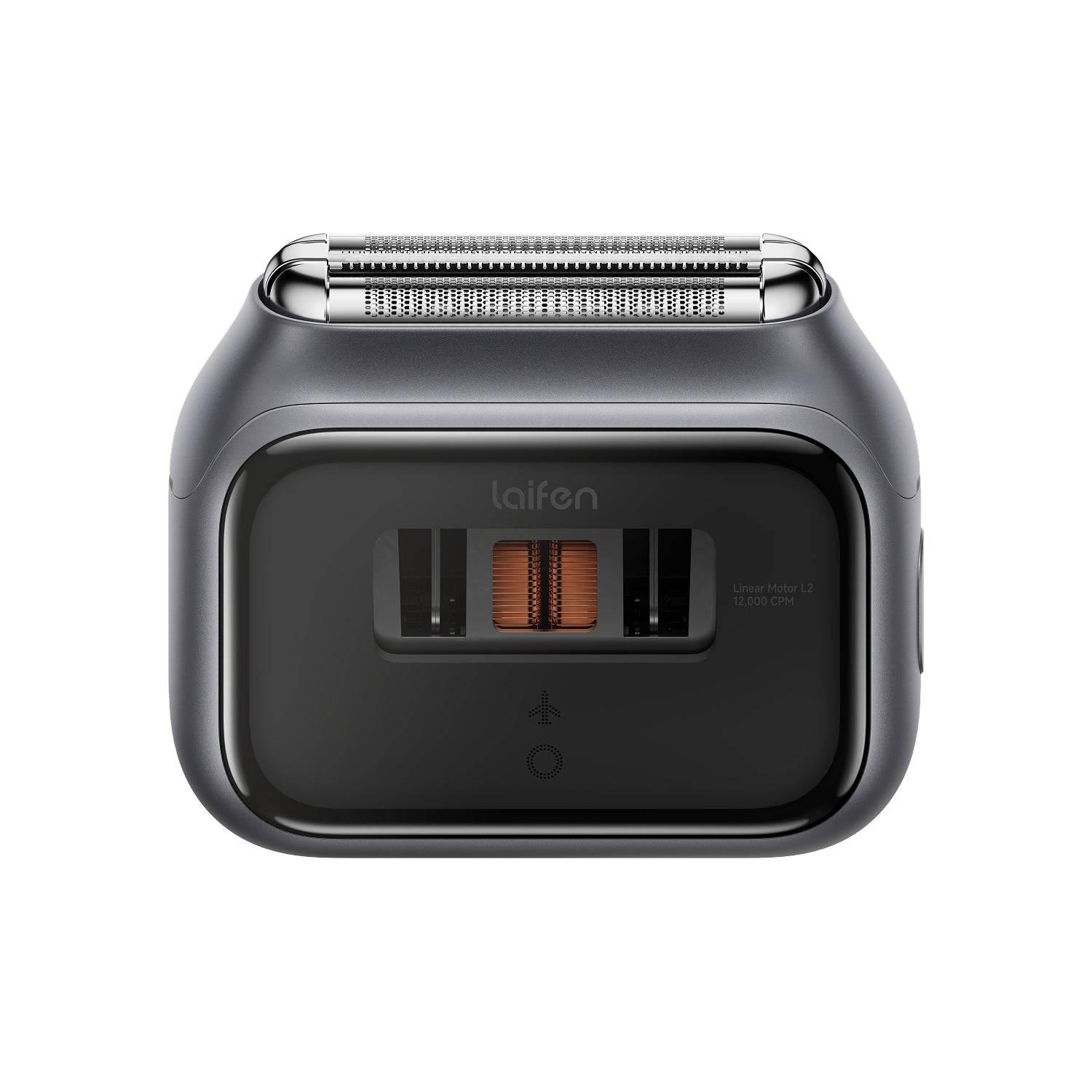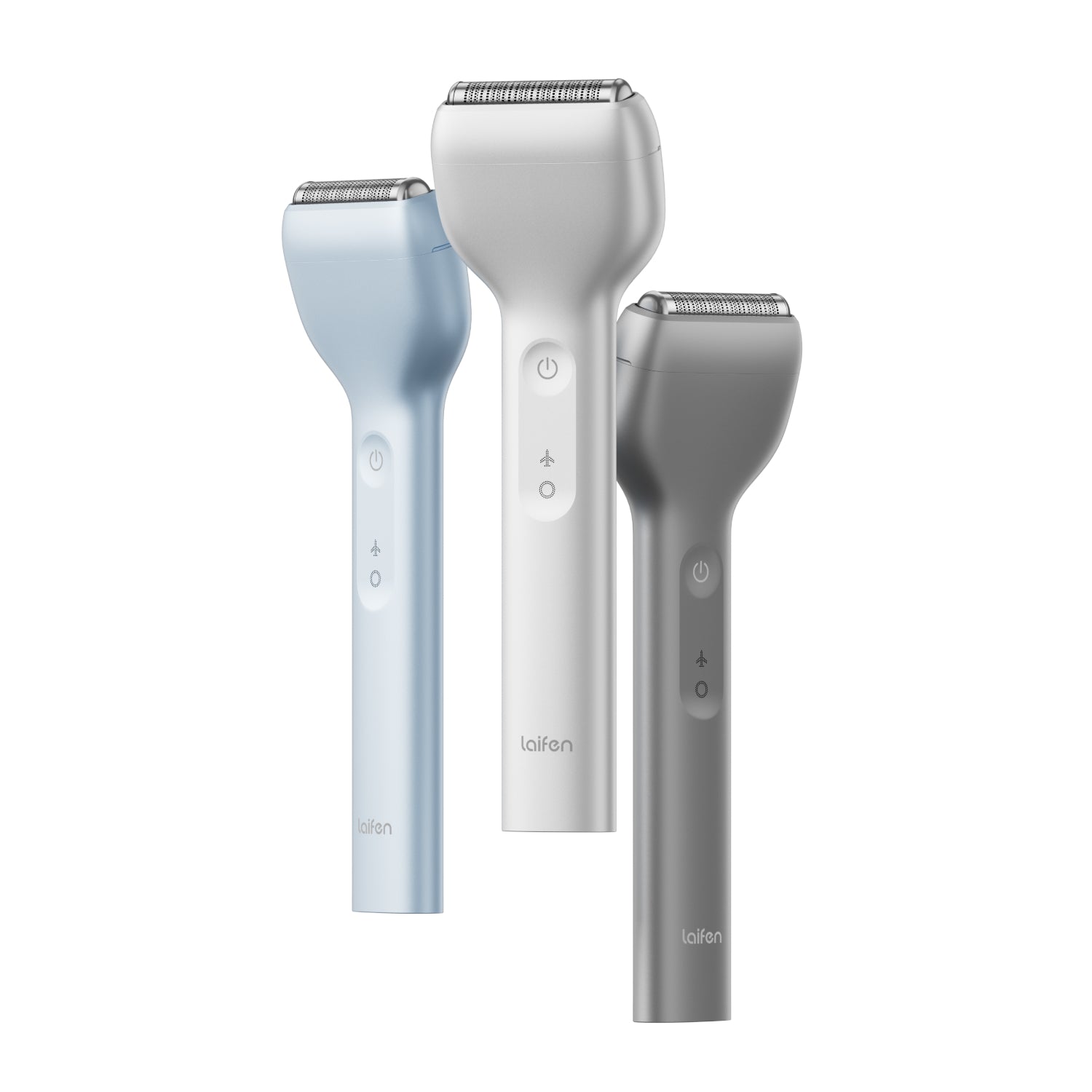
A wisdom tooth is a molar (back tooth) that comes through after all other teeth. In most teens and adults, they appear from age 18 onwards, but they can arrive sooner or later than this.
You have two wisdom teeth on the top and two on the bottom, and they complete the set of 32 adult teeth. Wisdom teeth in themselves don't present any issues. It's when they impact (via the process of impaction - that they become a problem, as there is not enough space for the tooth to come out as it should.
With that in mind, we answer nine commonly asked wisdom teeth FAQs to help you decide what to do about these mighty molars.
Q1: Do wisdom teeth have to be removed?
No, wisdom teeth do not have to be removed. In fact, you only need to worry about your wisdom teeth if they start causing you pain or discomfort. The main reason a wisdom tooth needs to be removed is due to impaction, as mentioned above.
But you may also need to remove your wisdom teeth if they have an infection, cavities, or lesions. If you experience any pain in the depths of your mouth, make sure you visit a dentist to ask about your wisdom teeth.
Q2: Do they break your jaw to remove wisdom teeth?
No, this is a myth. A dentist will not break your jaw to remove wisdom teeth. The process is much less brutal than this!
In most cases, the dentist will provide the patient with a local anesthetic to dull the pain and make a small incision in the gum to expose the tooth. They will then remove the teeth and fix the wound.
Q3: Does wisdom teeth removal hurt?
You might experience some discomfort for a few days after having your wisdom teeth removed, but nothing compared to the pain you experienced when they were in your mouth causing you a problem.
The process itself will be pain free, as the dentist will apply a local anesthetic to dull the pain in the area of extraction. If you experience significant pain after the procedure, it could be a sign of infection and you should call your dentist right away.
Q4: Can I brush my teeth after wisdom teeth removal?
You need to wait at least 24 hours before brushing your teeth after having your wisdom teeth removed. This is because your tooth could cause your wound to bleed if you brush your teeth to soon after the process.
What's more, if you're using an electric toothbrush like the Laifen Wave, make sure you don't apply too much pressure in the first few days after the procedure to give your wound sufficient time to heal.
Q5: What are the best foods to eat after wisdom teeth removal?
What to eat after wisdom teeth removal? Well, as your mouth is likely to be sensitive for a few days, it makes sense to stick to soft foods where possible. While the length of recovery varies, you might need to change your diet for a few days or few weeks after the procedure. Here are soft food recommendations for wisdom teeth.
Opt for blended soups, broths, yogurt, mashed potatoes, scrambled eggs, bananas, and other soft foods and make sure you follow a balanced diet as your mouth recovers.
Q6: How much does wisdom teeth removal cost?
The cost of wisdom teeth removal varies significantly from person to person and also depends on the cost of the clinic that you go to. However, for budgeting purposes, you can expect a straightforward removal to cost anywhere between $100 and $1,000 per tooth.
We recommend calling several dental practices to get a quote for the procedure, so you can select the dentist that provides the best value for money.
Q7: How long does wisdom teeth removal take?
The majority of wisdom tooth removal procedures are completed within 60-90 minutes, and it's not a particularly long process for most people.
However, if the tooth is deep-rooted and difficult to remove, it will take slightly longer than this. As for the recovery time, you should be fully recovered with no discomfort after about 2 weeks.
Q8: What is the wisdom teeth removal aftermath like?
In the first few days after having a wisdom tooth removed, you will likely experience sensitivity and a little soreness in the area in question. You may also struggle to eat hard foods for 1-2 weeks after the procedure.
However, if you follow the dentist's advice and look after your oral hygiene, you shouldn't experience any significant pain or major discomfort. If you think you have an infection, you should contact your dentist right away.
Q9: Why do experts now say not to remove your wisdom teeth?
Today, the pervading logic of dentists is that they will only remove wisdom teeth if they present a problem. Historically, some dentists would remove wisdom teeth as a preventative measure to stop them from becoming a problem in the future.
However, if your wisdom teeth aren't causing you any problems, you don't need to worry about the upheaval involved in removing them.
Final thoughts
The process of wisdom teeth removal doesn't have to be daunting and if you're experiencing discomfort, visit the dentist and start the process.
Though you might experience slight discomfort for a few weeks after the procedure, you will be back to normal in no time at all and in much better health and comfort thanks to the process.





























